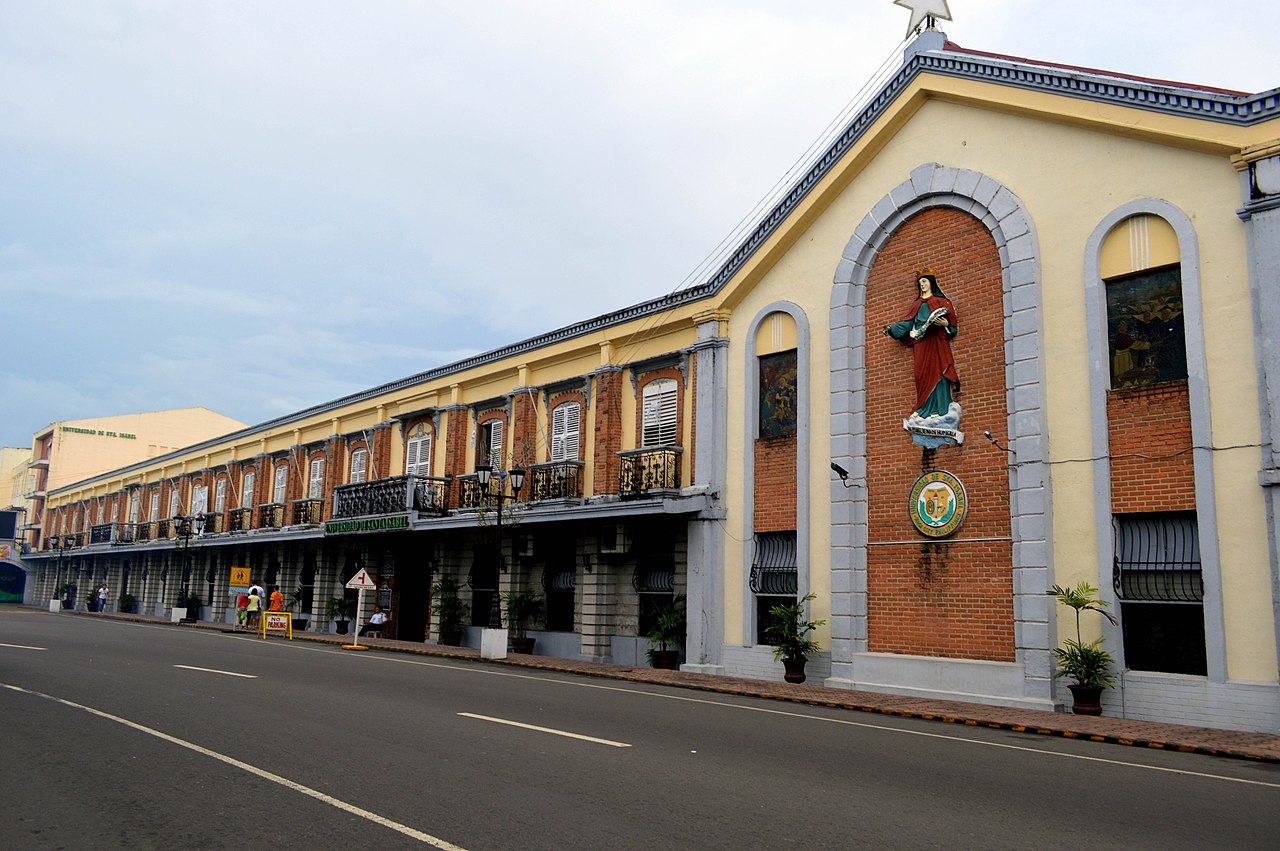
Universidad de Santa Isabel College of Medicine
The Universidad de Sta. Isabel (USI) is a Catholic Vincentian university located in Naga, Camarines Sur, Philippines, operated by the Daughters of Charity. It was founded by six Daughters of Charity sisters who arrived in the Bicol region on April 4, 1868, alongside Bishop Francisco Gainza, O.P., the founder of Colegio de Sta. Isabel. Authorized by a Royal Decree from Queen Isabella II of Spain on November 5, 1867, Bishop Gainza established a school for girls (escuela de niñas) to be managed by the Daughters of Charity.
The school opened its doors on April 12, 1868. By September 18, 1875, Colegio de Sta. Isabel made a significant milestone by becoming the inaugural normal school for women in the Philippines and Southeast Asia, operating as Escuela Normal de Maestras of Colegio de Sta. Isabel. Attaining university status in August 2001, it was then renamed Universidad de Sta. Isabel.
Apply Now Download Brochure







